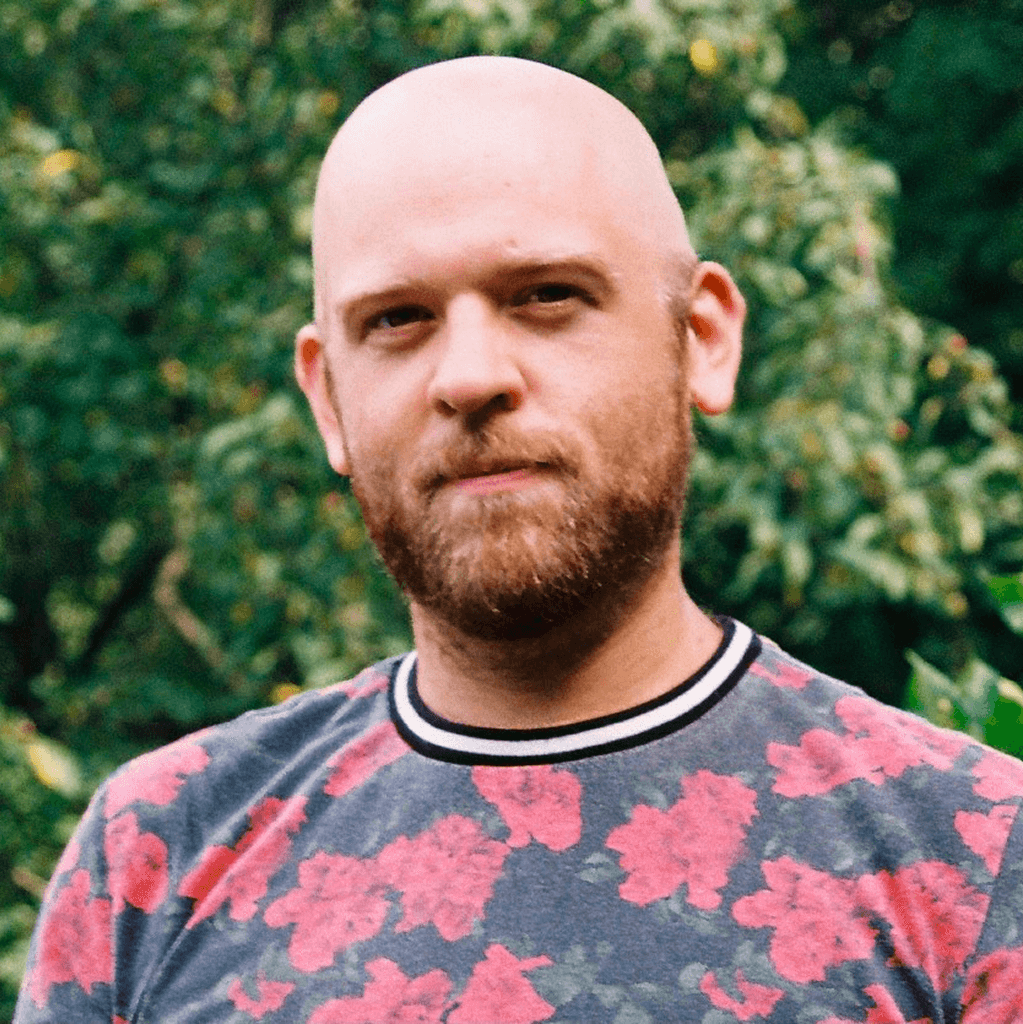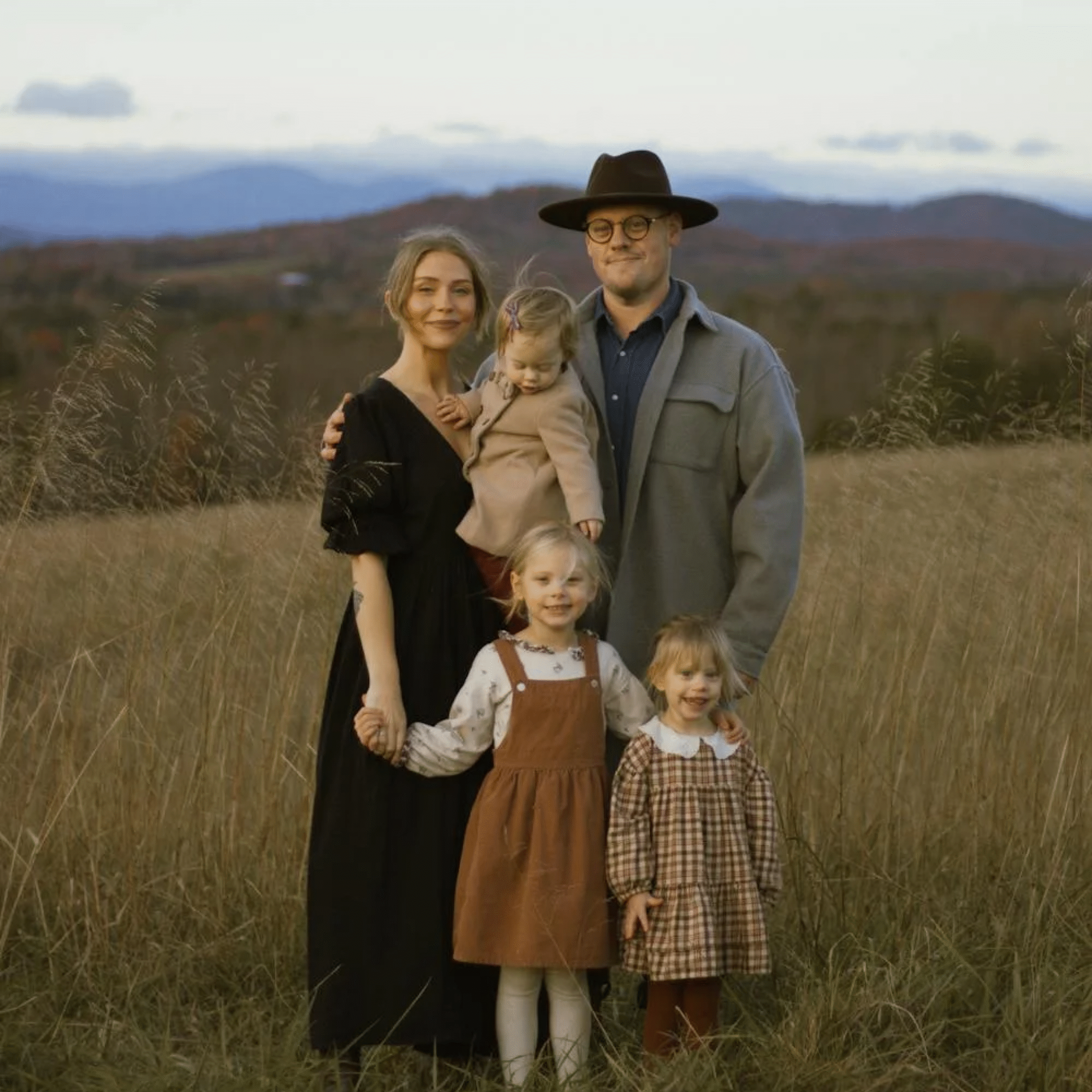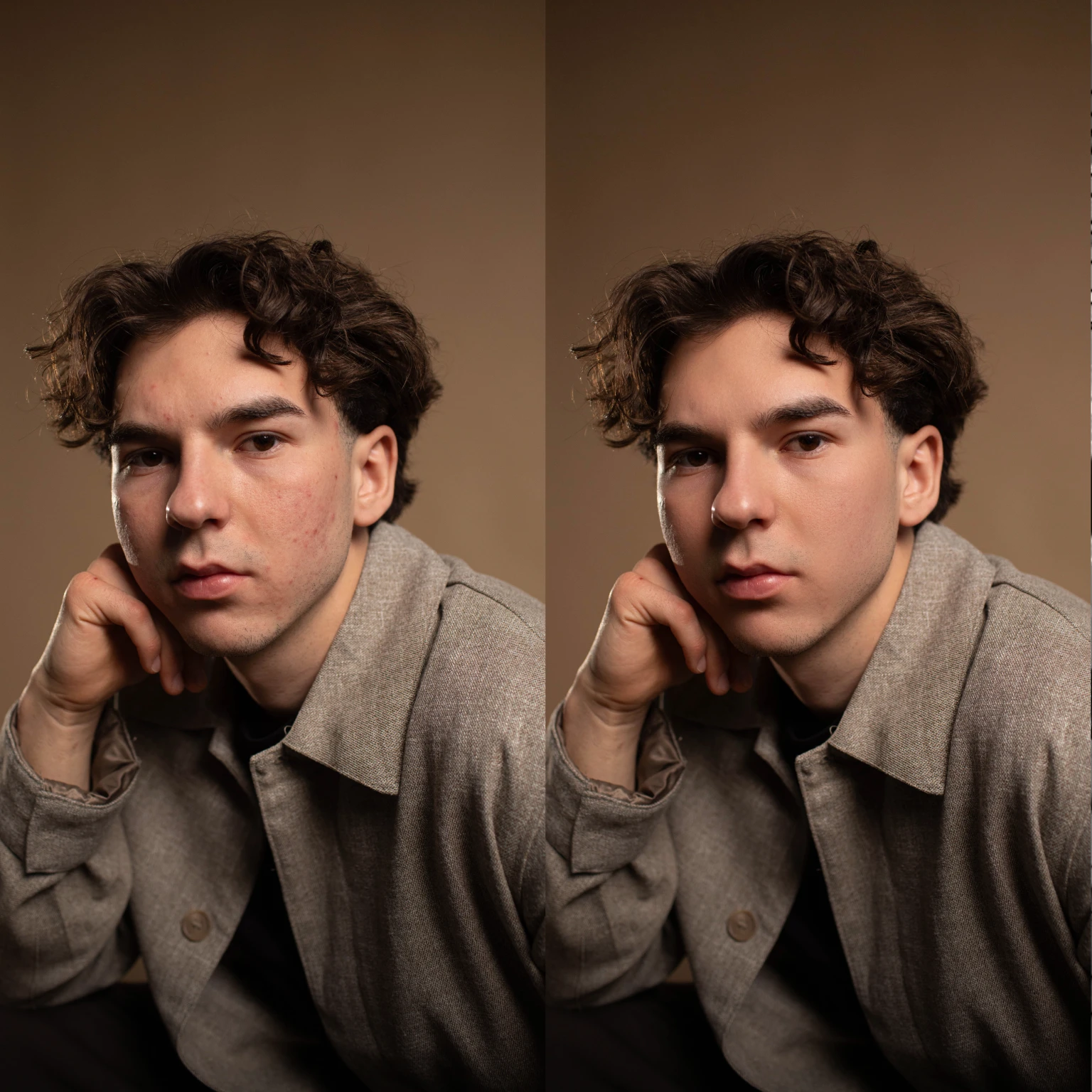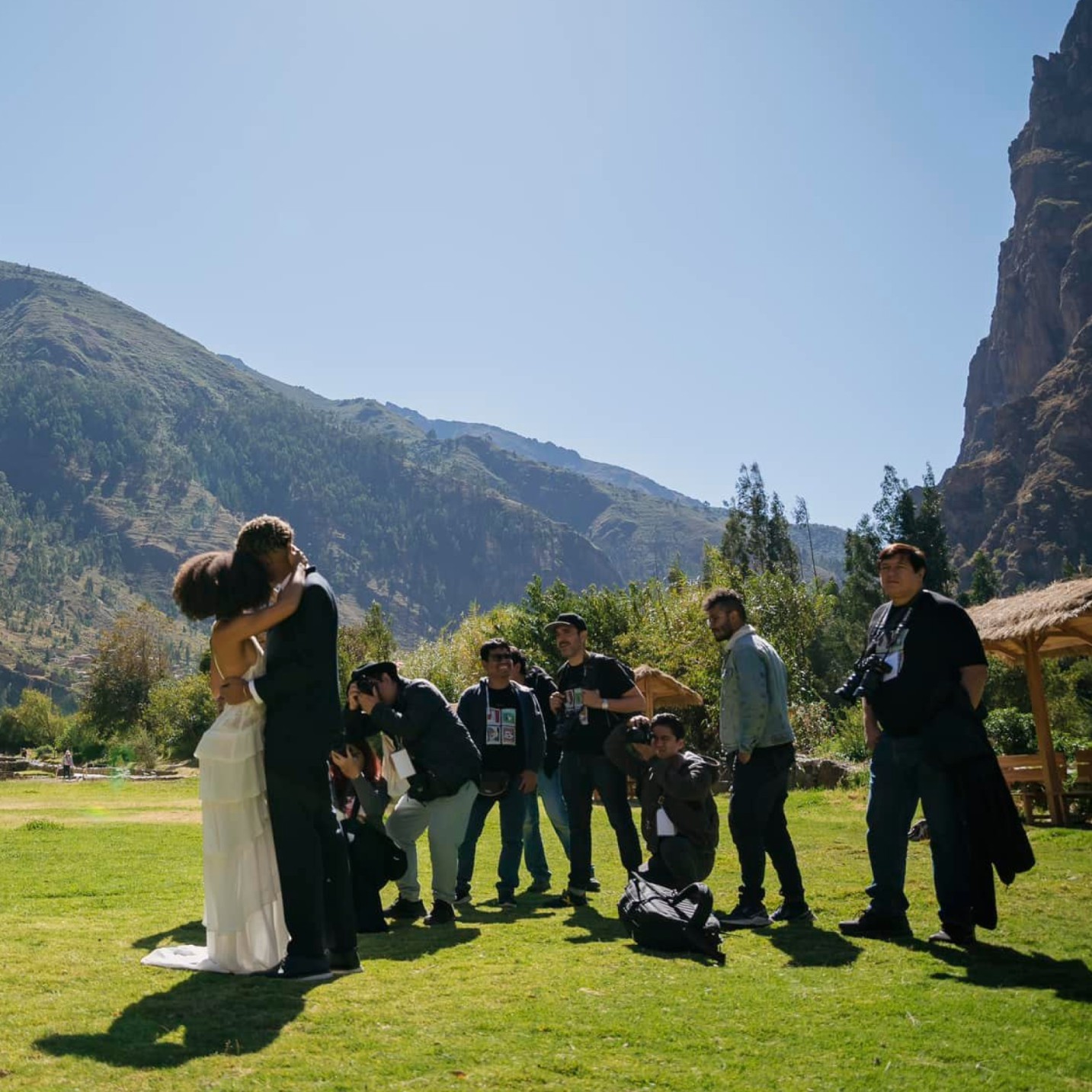How a School Agency Cut Post-Production from Weeks to Hours with Aftershoot
Summary Jonathan Foster, a creative lead at a New York school marketing agency, manages a…
Summary

Jonathan Foster, a creative lead at a New York school marketing agency, manages a team of photographers capturing events across 50+ charter schools. What once took six weeks of post-production of thousands of photos now takes him a few hours with Aftershoot. By centralizing the workflow and leveraging AI-powered culling and editing, Jonathan has dramatically reduced turnaround time.
The challenge
Jonathan manages a team of photographers covering everything from sports events to yearbook portraits across a network of 50+ schools in New York.
Reviewing, selecting, and editing them was a slow, manual process that could take weeks to finish, slowing delivery timelines and adding cost.
“We’d spend nearly six weeks going through all the images after every major shoot,” says Jonathan. “It just wasn’t sustainable with the number of events we handle.”
Coordinating this process across multiple photographers only added complexity. Each had their own editing style and pace, which meant albums often looked inconsistent.
“It was a lot of back and forth,” he explains. “Some albums would look great, others would have missed good shots or had uneven edits. It was hard to keep it all consistent.”
The unpredictability didn’t end there. With different timelines and workloads, estimating costs and delivery schedules was difficult, especially as the agency took on more schools.
The solution
While searching for a faster way to handle post-production, Jonathan discovered Aftershoot. “The setup was simple,” he explains. “I could just start using it right away.”
The AI’s accuracy impressed him most. It consistently picked the right photos, so he didn’t have to recheck or fix what the system had done. It also scaled without effort: whether processing one small event or multiple large shoots in a week, the software handled everything smoothly.
“I’m not a photographer, but Aftershoot just made sense. Often, I can handle all the culling and editing myself in about 10 minutes or less. It’s that fast.”
And the difference wasn’t subtle – it was a complete shift. As Jonathan put it, “I’d never want to go back to the earlier way of working.”
The time and cost savings were substantial, allowing the agency to take on more projects without adding post-production staff or compromising turnaround time.
“As more shoots come up, my workload will go up but now I know I can handle that growth without blowing up costs or delay.”
The results
| Metric | Before Aftershoot | With Aftershoot |
|---|---|---|
| Culling & editing time per project | ~6 weeks | ~1 hour |
| Who handles post-production | Individual photographers | Jonathan himself, centrally using AI |
| Cost impact | High costs for team labor and editing hours – $10,000-$15,000 and about 60 hours of work, per project. | Significant savings through automation. $60 for the annual plan for unlimited AI processing, taking up about 1-2 hours per project. |
| Delivery speed | Delayed across multiple schools. | Same-day or next-day turnaround. |
Why this matters
Jonathan’s story highlights how Aftershoot is for anyone looking to ramp up high-volume image workflows. Individual photographers, agencies, schools, studios, and organizations dealing with thousands of photos can now streamline their process, reduce costs, and deliver faster without adding manpower.
And what’s more, with Aftershoot taking care of the heavy lifting, you get more time to focus on what really matters: delivering great moments, not sitting behind a screen manually sorting and perfecting them.
From six weeks to about an hour. From manual effort to automation. From bottlenecks to bandwidth.
That’s the Aftershoot difference.




